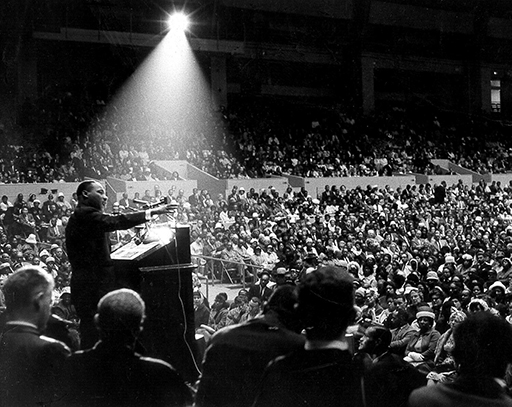1 Transformational leadership
Transformational leadership theory identifies the importance of inspiration, and the fact that leadership must not only engage our minds, but move our hearts. Transformational leadership is probably the most influential leadership theory in terms of the number of studies it has generated and the extent to which it is taught in training programmes, so it’s important to engage with it.
The term ‘transforming leadership’ was introduced by James MacGregor Burns in 1978. For Burns, who was writing from the perspective of political science and history rather than business, it was important to pay attention to how leaders offered more to their followers than a transaction, which is the exchange of one thing to gain another (e.g. someone’s vote in exchange for a tax cut).
Rather, he was interested in how some leaders were able to create a transformational relationship: ‘Transformational leaders motivate followers and other constituencies to do more than they originally expected to do as they strive for higher order outcomes’ (Burns, 1978, p. 3). By ‘higher order outcomes’ he means ones that hold the potential to transform lives for the better.

Transforming leaders encourage followers to be better people, to think of the moral whole. This is what Martin Luther King Jr. was able to achieve, using beautiful rhetoric to inspire followers to believe in the dream of racial equality. At the heart of this view of leadership is morality, and the capacity of leaders and followers to engage one another to attain ever higher states of moral development.
The alternative to transforming leadership, according to Burns, is ‘transactional’ leadership, which means incentivising people to follow their own material and financial interests. As transaction refers to an exchange, so transactional leadership means securing the loyalty of followers through material reward.
You do sometimes hear a transactional case for equality being made in organisations. For example, people demanding equal pay and conditions for equal work. Indeed, Martin Luther King’s later campaigning explicitly made connections between racism and economic inequality, arguing that racial equality was not possible without fundamental economic change.
